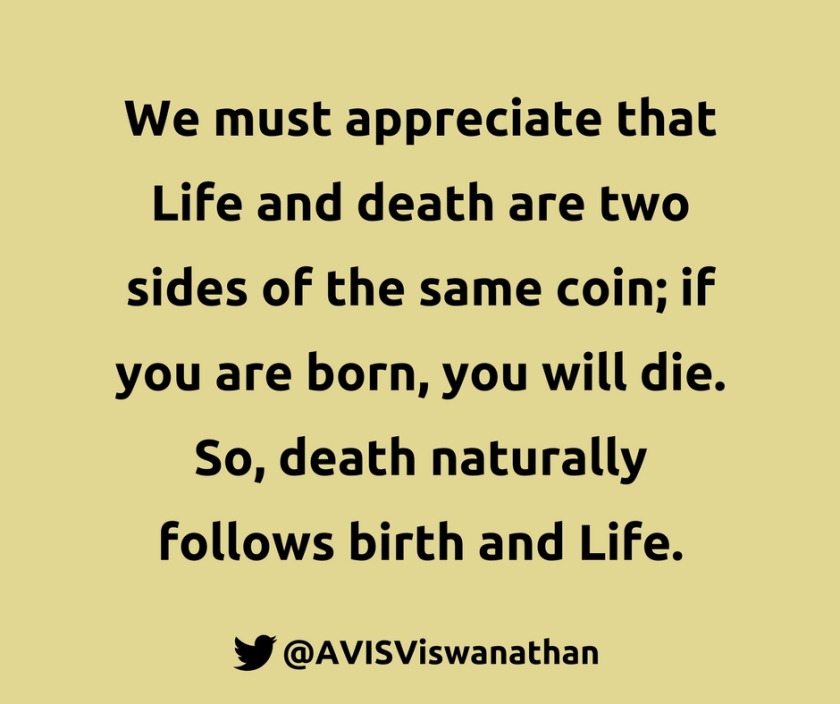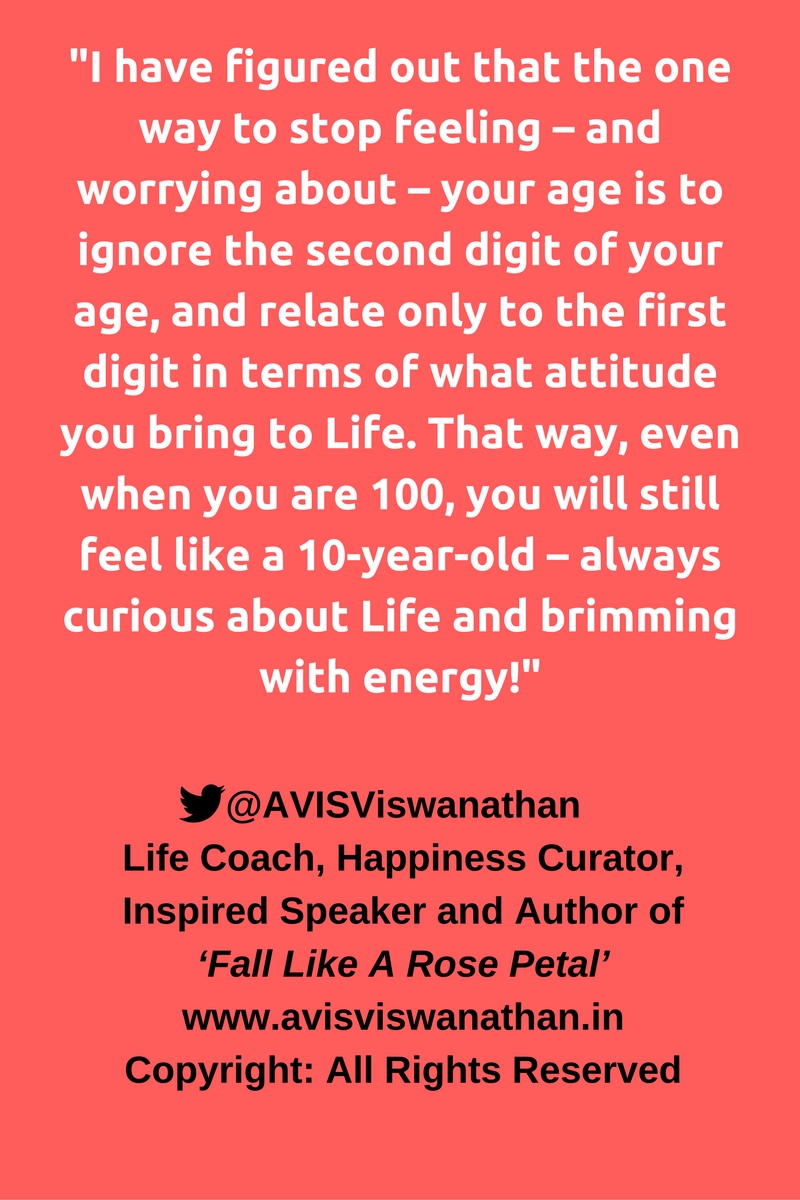Complaining or grieving don’t help – they are the root cause of suffering!
A friend lost her father a few months ago in a tragic road accident. And she’s not been able to come out of the shock. She wrote to me asking if there a way to cope with the loss of a “dear, dear one”?
Well, any instance of death, particularly of someone who you have been close to, is irreparable. You will always miss that someone. But grieving continuously is definitely going to cause – and accentuate – your suffering.
I shared with our friend what I know of the two traits that the Japanese possess as a people: ‘gaman’ and ‘shoganai’.
‘Gaman’ means ‘patience, endurance, perseverance’. And while ‘shoganai’ literally means ‘nothing can be done’ or ‘it can’t be helped’, it also denotes a calm determination to overcome what cannot be controlled. We must appreciate that Life and death are two sides of the same coin; if you are born, you will die. So, death naturally follows birth and Life. But the Japanese way of Life teaches us how to accept this non-negotiable reality and cope.

The Japanese language testifies to how a sense of precariousness__since Japan is located in one of the most seismologically active spots on the planet; remember the tsunami of March 2011?__has shaped a national consciousness. We have a lot to learn from this Japanese philosophy because most of us are forever complaining of or grieving over what could have been and what we don’t have! Obviously, my friend is going through a lot of pain and trauma over her father’s sudden passing. But ‘shogonai’ – what can be done to undo that pain? Nothing at all. So, only ‘gaman’ will work for her. Only time can heal her. I encouraged her to celebrate her father’s Life – do everything that he loved doing to engage with his ‘presence’ instead of mourning and grieving his absence!
In any context when you are confronted with the uncontrollable, we must embrace ‘gaman’ and ‘shoganai’ as simple, practical philosophies. They are effective to deal with even in everyday Life situations. You are in a traffic jam and late for your meeting. ‘Shoganai’. You get a non-reclining seat on a packed flight. ‘Shoganai’. There is a power outage. ‘Shoganai’. By any stretch of imagination, ‘Shoganai’ does not imply fatalism. Which is why, it must be understood and practiced with ‘gaman’. Both together encourage us to stop complaining about, or grieving over, things that are beyond our control; instead they urge us to accept situations that leave us numb and helpless. In the context of acts beyond our control__like a health setback or a natural calamity or the passing away of a dear one__they remind us to accept reality and endure Life patiently.
Personally, I believe the Japanese way of Life invites us to stop complaining and grieving. Complaining or grieving does not change reality. Neither does acceptance. But acceptance of any reality at least helps the one facing it to be in peace.




